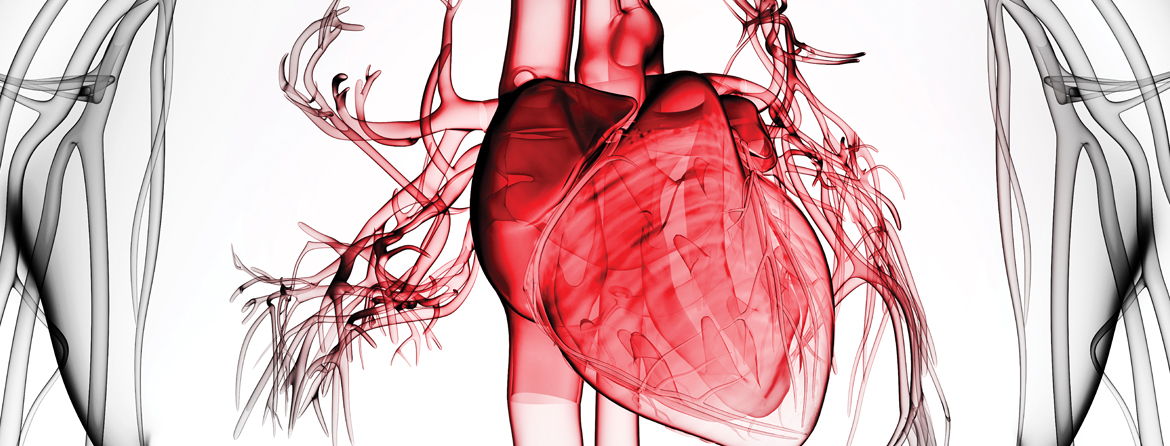
Heart Failure
Heart Failure
Congestive heart failure (CHF) is a condition in which blood flow and pressure provided by the heart are not sufficient to meet the needs of the body. CHF is most commonly caused by left, right, or biventricular dysfunction. In many patients, heart failure is a result of coronary artery disease or pathologies of the heart valves.
While lifestyle modification and medications are critical to the treatment of CHF, surgery and device-based therapies are often indicated. For example, different types of pacemakers, implantable cardioverter defibrillator (ICDs) and cardiac resynchronization (CRT) devices, can be used to regulate rapid or slow heartbeats, or to help the heart beat stronger. Non-invasive as well as implantable pressure sensors are used to help tailor treatment. Clinical evaluation of left atrial pressure lowering devices is currently underway. Lastly, a mechanical pump, called a left ventricular assist device (LVAD), can be implanted to assist the heart in pumping blood.
CRF physicians have extensive experience in treating heart failure and performing basic and clinical studies to bring such therapies to patients. The CTC recently created a new Heart Failure, Hemodynamics and Circulatory Support department focused on CHF research initiatives. We aim to support the regulatory and clinical trial needs of sponsors investigating new drug- and device-based treatments for heart failure at all stages of development.
Relevant CTC Service Areas for Heart Failure
- Trial Design
- Protocol Development
- Data Management
- Statistics And Programming
- Echocardiography Core Lab
- Hemodynamic Core Lab
- CT Core Lab
- CEC
- DSMB
- Medical Writing
- Extended Database Management and Analysis
Click here to request more information about CTC services
